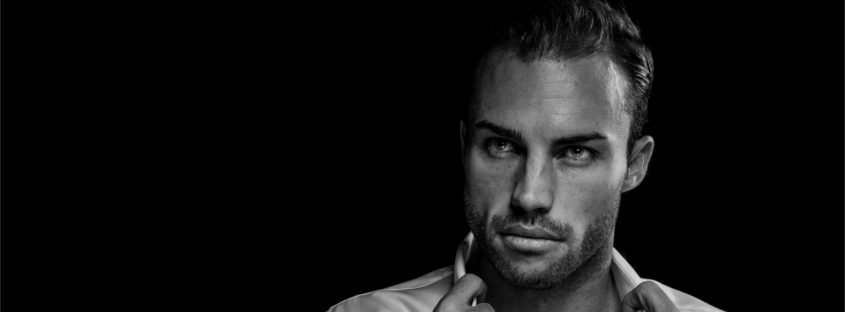Hair Loss Medication
Nowadays, medicine has achieved some remarkable successes in treating hair loss. With the advances in the field of surgery, one can hope to replace the lost hair with natural substitutes. Medications have also made some progresses in controlling hair loss. Today, the myths such as “snake oils” are no longer cared about, instead, some effective medications are utilized for the purpose of hair loss treatment. The following medications have been proven to work in hair loss cases:
- Finasteride (Proscar, Propecia): In 1997, the FDA approved finasteride for the treatment of MBP (male pattern baldness) in men. It is not indicated for women particularly during pregnancy. The approved dosage is 1mg. Finasteride is the first efficient drug in the treatment of MBP. The drug inhibits the enzyme that alters testosterone into dihydrotestosterone (DHT). It is DHT that weakens the hair follicles. Finasteride reduces DHT levels by 60% resulting in a hindrance to hair loss. Finasteride may grow and thicken hair to some extent, but its main use is to keep the existing hair. The drug must be used for 6 to 12 months. There may be rare side effects such as impotence.
- Minoxidil (Loniten, Rogaine): Minoxidil was used to treat high blood pressure for many years. Some researchers noticed that when they used this drug directly on the scalp, there was hair growth in the area. However, since this drug has no effect on the hormones of the body, its effects are considered temporary. Despite all these, minoxidil is recognized as an efficient way of hair loss treatment in some cases. The Hair regrowth can take up to 6 months to initiate. The drug is available as solutions (2%, 4%, 5%), and a new foam preparation. The problem with minoxidil is the tiring daily application of the drug. Allergic contact dermatitis, unwanted hair in other parts of the body, and mild scalp irritation are the most frequent side effects.
- Dutasteride (avodat): This is a triple 5α-reductase inhibitor. Similar to finasteride, it also prevents the conversion of testosterone to DHT. There are some adverse sexual effects such as impotence. According to FDA, the drug could mask the early detection of prostate cancer.
Some other medications are under investigation and not approved by FDA such as:
- Spironolactone (Aldactone): This drug is a diuretic and not approved for the treatment of hair loss. However, it acts as an anti-androgen and is used “off-label” for the treatment of alopecia in women. The side effects include impotence, excessive development of the male breasts, accumulation of potassium, adverse effects on the fetus. It also causes mood swings, breast tenderness, and irregular menses in women.
- Bimatoprost and latanoprost (Latisse, Lumigan): These are prostaglandin analogs that are undergoing testing for hair growth. They are not FDA approved for scalp baldness. At the moment, they are used for the cosmetic enhancement of eyelashes. It can treat short or sparse eyelashes by increasing their length, thickness, and darkness.
- Tagamet (cimetidine): The drug act as an anti-androgen and has shown promising results in treating androgenetic alopecia in women. It is not recommended in men.
- Anti-inflammatory medications: Steroid-based creams or injections can calm the follicles damaged by chemicals or severe pulling.
- Oral contraceptives: Just with low androgen index, these drugs can be used to treat female pattern baldness.
- Anthralin: This crystalline triphenol may treat alopecia areata.
- Hormonal modulators: These are used in female-pattern hair loss in menopausal women.
There are some other shampoos, vitamins, conditioners, and other products used for hair loss, but most of them are of no real and permanent use:
- Nioxin: This is a popular brand of shampoo. Studies show that there is no evidence of its effectiveness in treating hair loss.
- Corticosteroids (Kenalog, Prednisone, Diprolene, Clobex): These drugs are used to treat alopecia areata in the form of injection, ointment, pills, etc.
- Sulfasalazine: This is used in severe cases of alopecia areata. However, these drugs have many side effects.
- Cyclosporine (Gengraf, Restasis): This drug helps hair regrowth in cases of alopecia areata. Its side effects overweight its benefits.
- Psoralen plus UVA: In this therapy a light-sensitive drug (psoralen) is given to the patient. Then the affected area is exposed to the ultraviolet light source. It helps hair regrowth in cases of alopecia areata but relapses are frequent.
- Flutamide: This drug is only used in women.
- Saw palmetto: The only dietary supplement that is said to have benefits in mild androgenetic alopecia.




Leave a Reply
Want to join the discussion?Feel free to contribute!